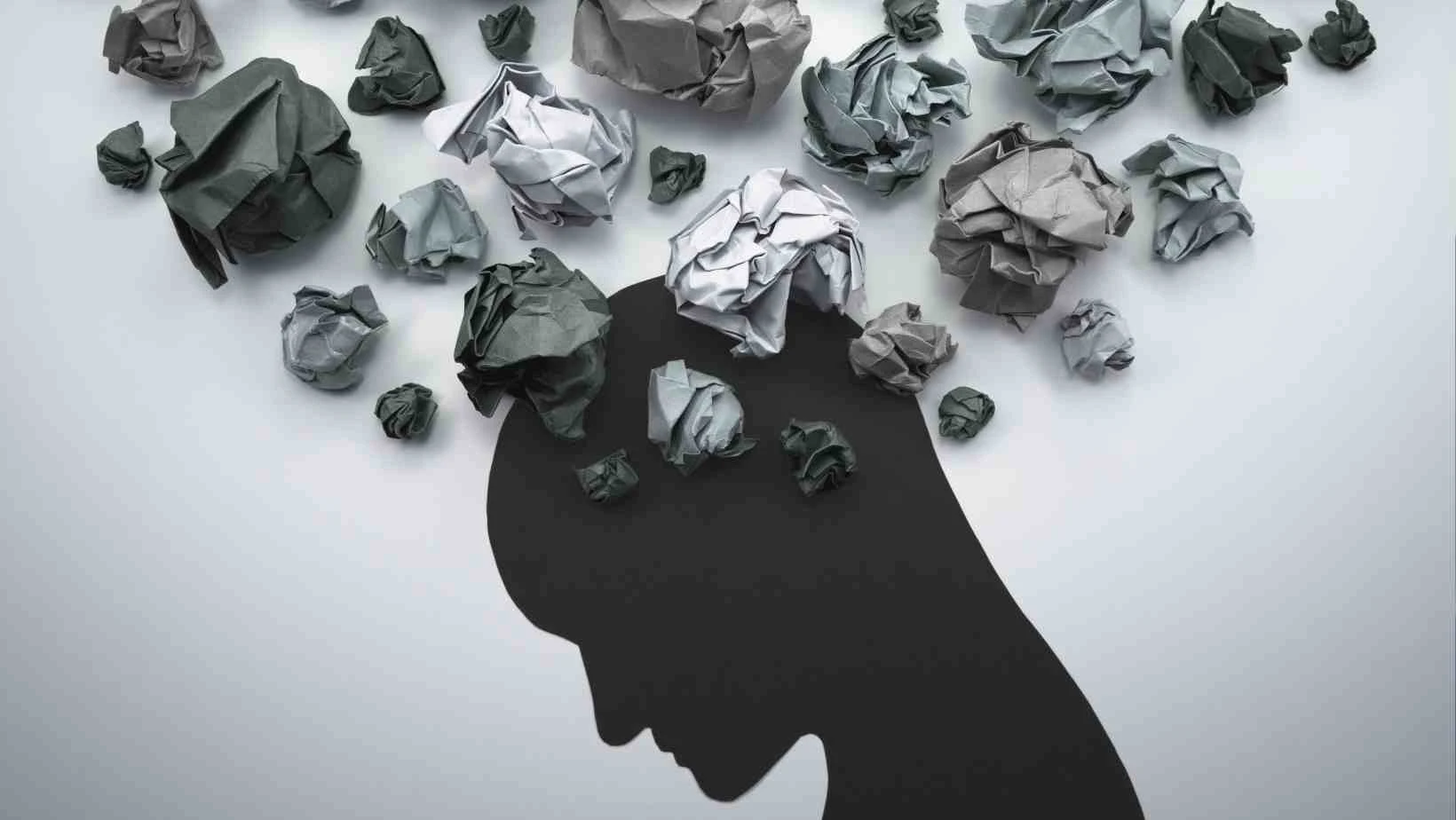The post is developed in partnership with BetterHelp.
Anxiety sits on a very wide spectrum of mental health disorders, with accompanying symptoms and severity that are unique to each person living with it. You’re probably here because you’re struggling with some type of anxiety in your daily life. It may strike here and there, or you may experience panic attacks or insomnia.
If you have any experience with anxiety, the consideration of taking medication for it has likely crossed your mind at least once. Maybe you are close to someone who takes anxiety medication, or maybe a mental health professional has recommended it to you. So, is medication necessary for managing anxiety? Let’s talk about your options.
Do You Have Severe Anxiety?
If you struggle with anxiety in your day-to-day life, you should consider seeking out a mental health professional to talk to. They can help assess the state of your mental health and either point you in the right direction or offer counselling.
Therapists knowledgeable in anxiety disorders can do a lot for you. If your anxiety is quite severe, they might recommend you receive therapy in conjunction with anxiety medication. You can also find further resources on anxiety medications verified by mental health experts here.
Common Anxiety Medications
The go-to medications for treating anxiety on the market today are called SSRIs (Selective serotonin reuptake inhibitors) – such as Celexa, Lexapro, and Zoloft – and SNRIs (Serotonin–norepinephrine reuptake inhibitor), such as Cymbalta and Pristiq. These medications in particular are tried and tested, and have certainly been effective for millions.
But keep in mind: medication may not be necessary for your case. If you’re not debilitated in your daily life by it, there might be alternative means of managing it in conjunction with therapy. And in the end, these alternative methods can be used by those with severe anxiety or no anxiety to improve your state of health.
Alternative, Holistic Treatments for Anxiety
Anxiety is one of the most common mental illnesses in the U.S. Many people know and understand what it’s like to live with anxiety. One silver lining to this is there are now many different proven methods of treating anxiety effectively, with and without medication! Lifestyle habits can play a huge role in how well people manage their anxiety. With some simple changes, you’ll likely see great results. Here are a few holistic ways to treat anxiety without medication.
Meditation & Mindfulness
The root of anxiety is a deep, often irrational worry about something that could happen in the future. One really useful way to combat this is by practicing meditation or mindfulness. Both of these practices are about being in the present moment, and noticing more of the good things that are around you.
Meditation and deep breathing are also highly effective at calming your nervous system. Anxiety can induce really uncomfortable physiological symptoms like trembling, shallow breathing, and brain fog or lack of mental clarity. While focusing on the present moment, deep breathing, and closing your eyes for a moment of quietness, you can calm both your mind and your body. Apart from this, use of brain supplements comprising best ingredients for brain health can support cognitive function.
Physical Exercise & Yoga
Any form of physical exercise can be highly beneficial for your mental health. The science is backing this up – there are endless physical and mental benefits of getting regular exercise 4-5 times a week for 30 minutes. Aerobic exercise is always good to aim for, as it offers prevention against many lifestyle-related diseases.
But you can also try incorporating a form of exercise that combines movement with mindfulness, like yoga. Yoga can really slow down your mind and allow your body to untense. Anxiety sits heavy and tight in the body, so stretching it out during yoga and getting in rhythm with your breathing can make you feel so much better.
More Quality Sleep
Anxiety disorders often go hand-in-hand with sleep issues, such as insomnia. Racing thoughts about various fears and anxious anticipations can keep you up at night, or affect how deep or restorative your sleep actually is. And adversely, not giving yourself adequate rest can worsen symptoms of anxiety. So by healing your relationship with sleep, you can heal the symptoms of your anxiety.
Here are a few tips to improving the quality of your sleep:
- Go to bed and wake up at roughly the same time every day.
- Avoid looking at screens for at least 30 minutes before bedtime.
- Unwind and destress before sleep by stretching, light exercise, or meditation.
- Try not to eat a lot of food or drink alcohol right before bed.
Eat Less Sugar, More Whole Foods
Your diet can actually play a role in your anxiety. If your diet consists of highly refined carbs and sugars, you may be causing inflammation, insulin spikes, and jitteriness which don’t bode well for the physical symptoms of anxiety. If at all possible, work to reduce the amount of refined carbohydrates, like white breads and white pastas, and highly processed sugars you eat. You’ll feel more mentally clear and less shaky.
Bonus tip: caffeine, a stimulant, is a known offender of worsening anxiety symptoms for many people. You may notice that in yourself after having too much coffee, for example. If you find that you get even more scattered and jittery or worried after consuming caffeine, it may be a good idea to consider weaning off.



.jpg)

.jpg)

.jpg)
.jpg)










No comments
Thanks for your comment (unless it's spam in which case, why?)